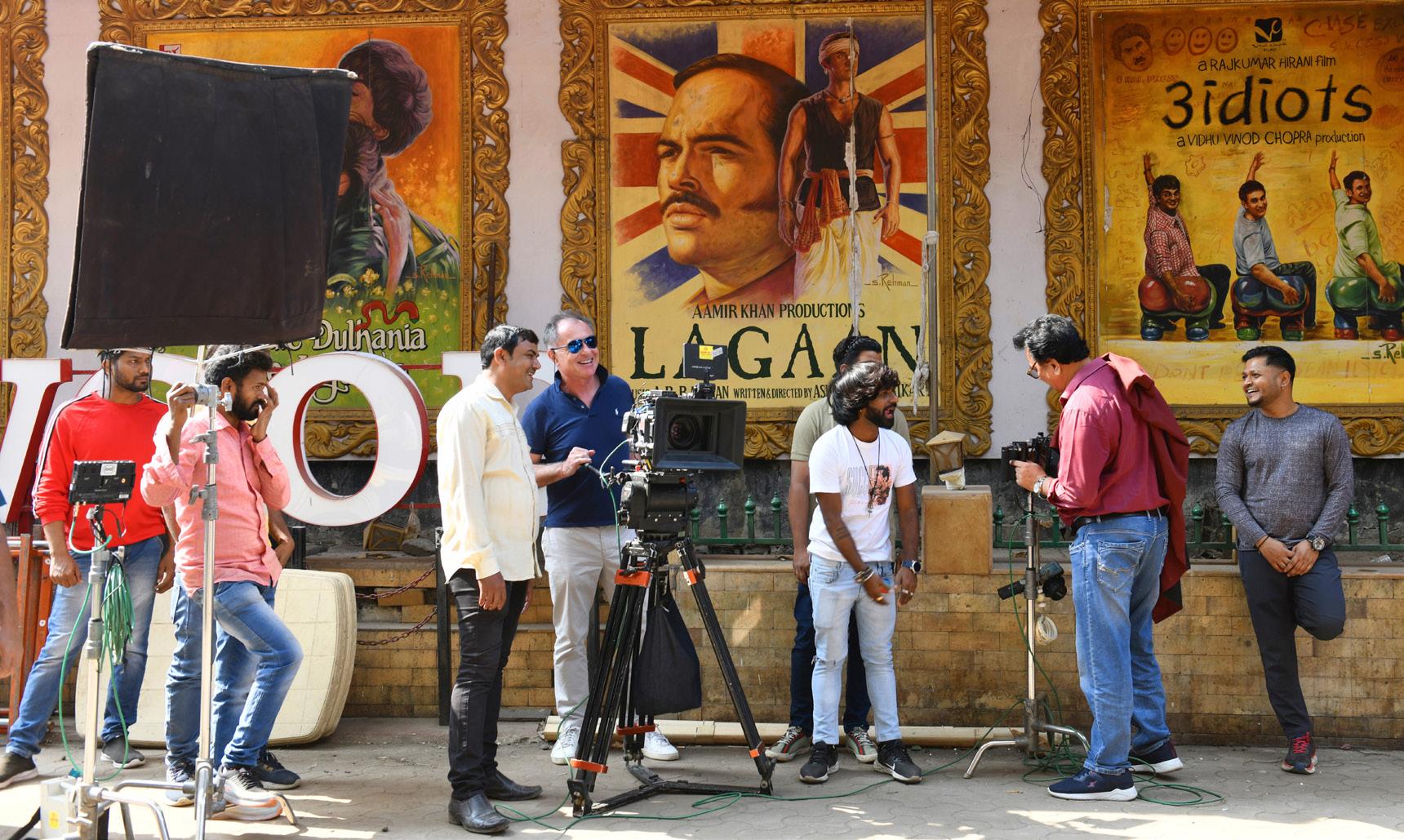
9 minute read
TRAVEL PORSCHIST
AND… ACTION!
Mumbai, among so many other things, is also the epicentre of the Indian film industry, popularly known as Bollywood . Bollywood produces more movies per year than its American counterpart. Popular Hindi films are made in Mumbai, spectacles with a lot of drama, romance and action interspersed with song and dance. The musical scenes are just as important as the storyline. Usually, they are pre-recorded so that the actors mime to them. Those actors are all chosen on the basis of their good looks. If you have won a beauty pageant, chances are you will become a much sought-after Bollywood actress. The movie stars are extremely popular with the population. A Bollywood movie always looks like a very colourful, exotic fairy-tale. The ideal formula to let yourself dream away. And that is precisely the reason why tens of thousands of visitors go to the cinema every day. For many, it is the only way to escape the harsh reality of everyday life. The fact that a Bollywood film lasts an average of three to four hours is fine by every cinemagoer.
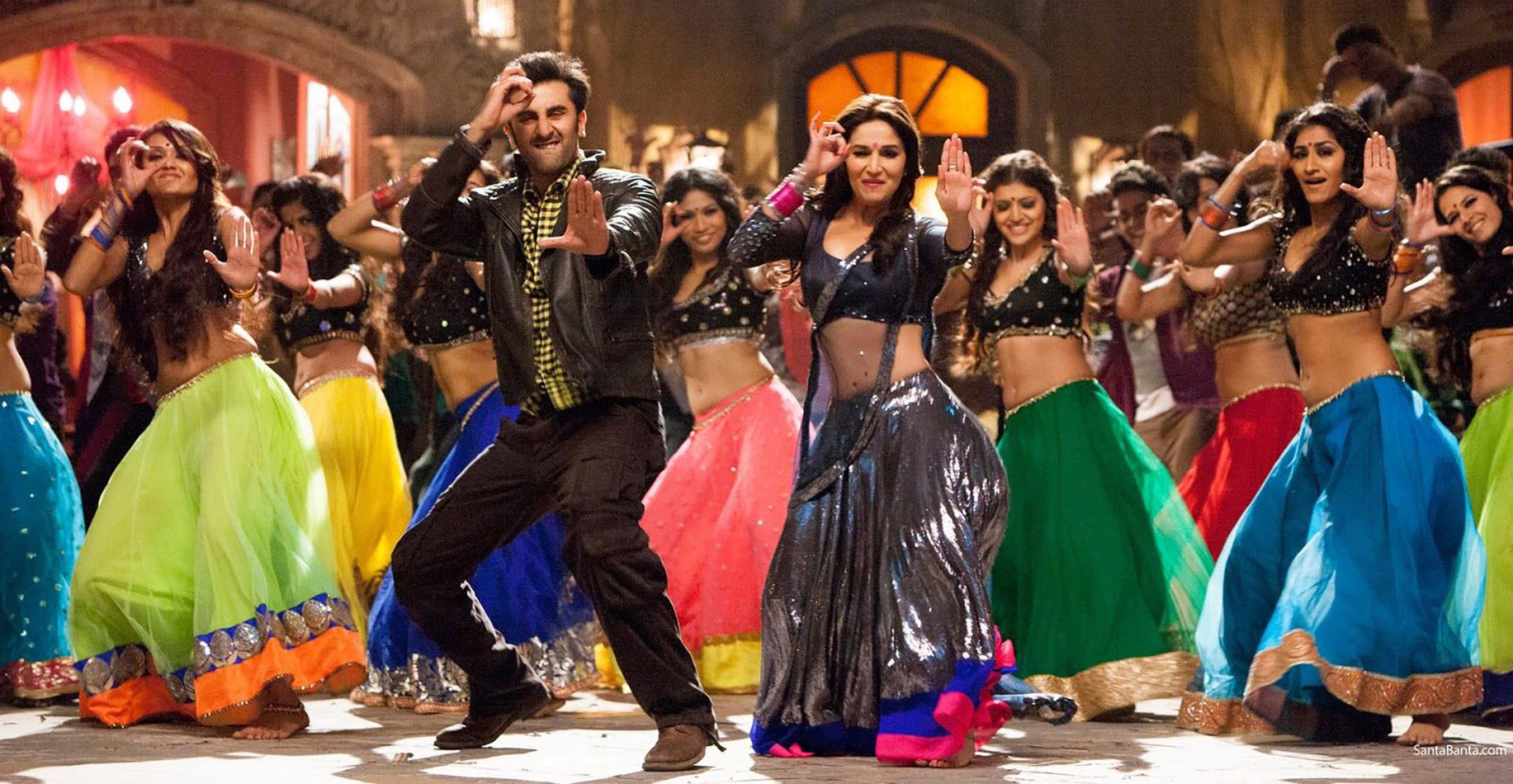
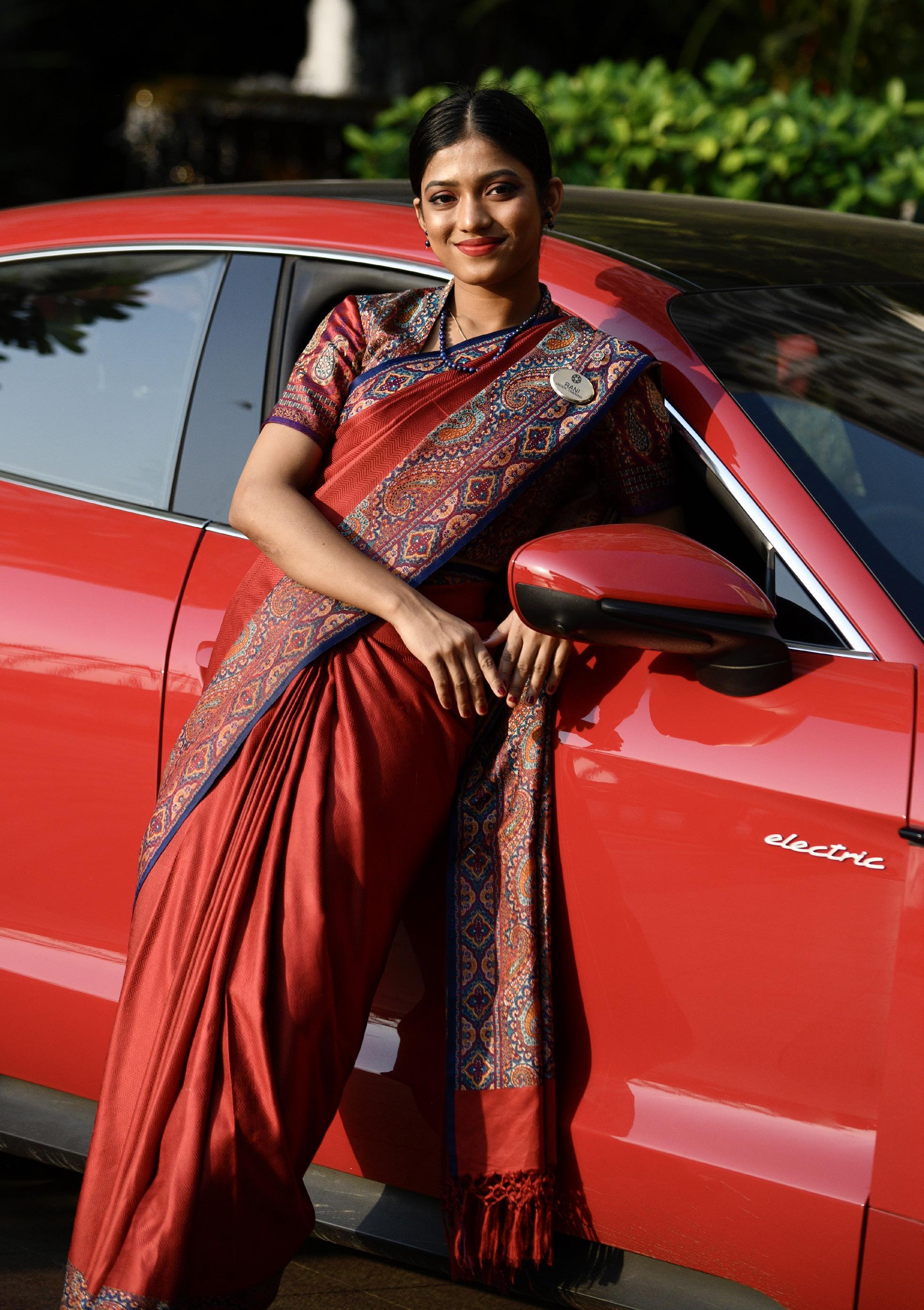

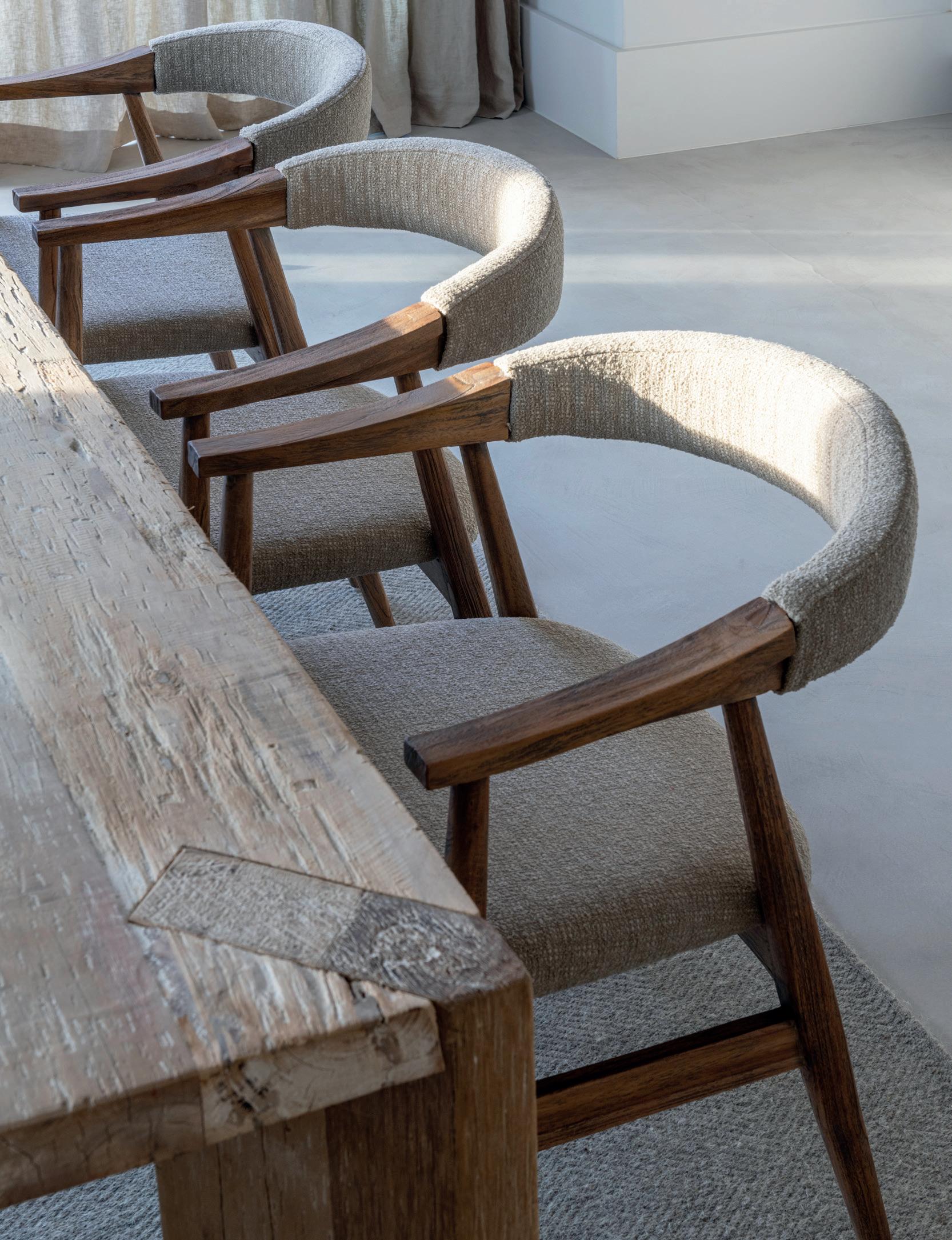
The Washermen Of Dhobi Ghat
On our return journey, we see what that reality looks like for an ordinary Indian person. We stop at Dhobi Ghat , the world's largest human washing machine. Here we see how hard the members of the lower castes have to work to put bread on the table. Every day, more than two thousand men wash huge mountains of clothes, sheets and towels here. They stand in concrete bins and beat the dirt out of the laundry by hand. The dhobis collect the laundry from hotels, hospitals, restaurants and clothing factories and deliver it back neatly washed and dried the next day. The laundry can also be ironed for a small additional charge. Ordinary Indian families also use their services. Having your laundry done in India is cheaper than buying a washing machine. You would think that among the millions of pieces of laundry, a piece of clothing would sometimes get lost, but strangely enough this has never happened in the more than 140 years that the washing place has existed. Precisely because the dhobis' system has worked so well for decades, they do not reveal their secrets.
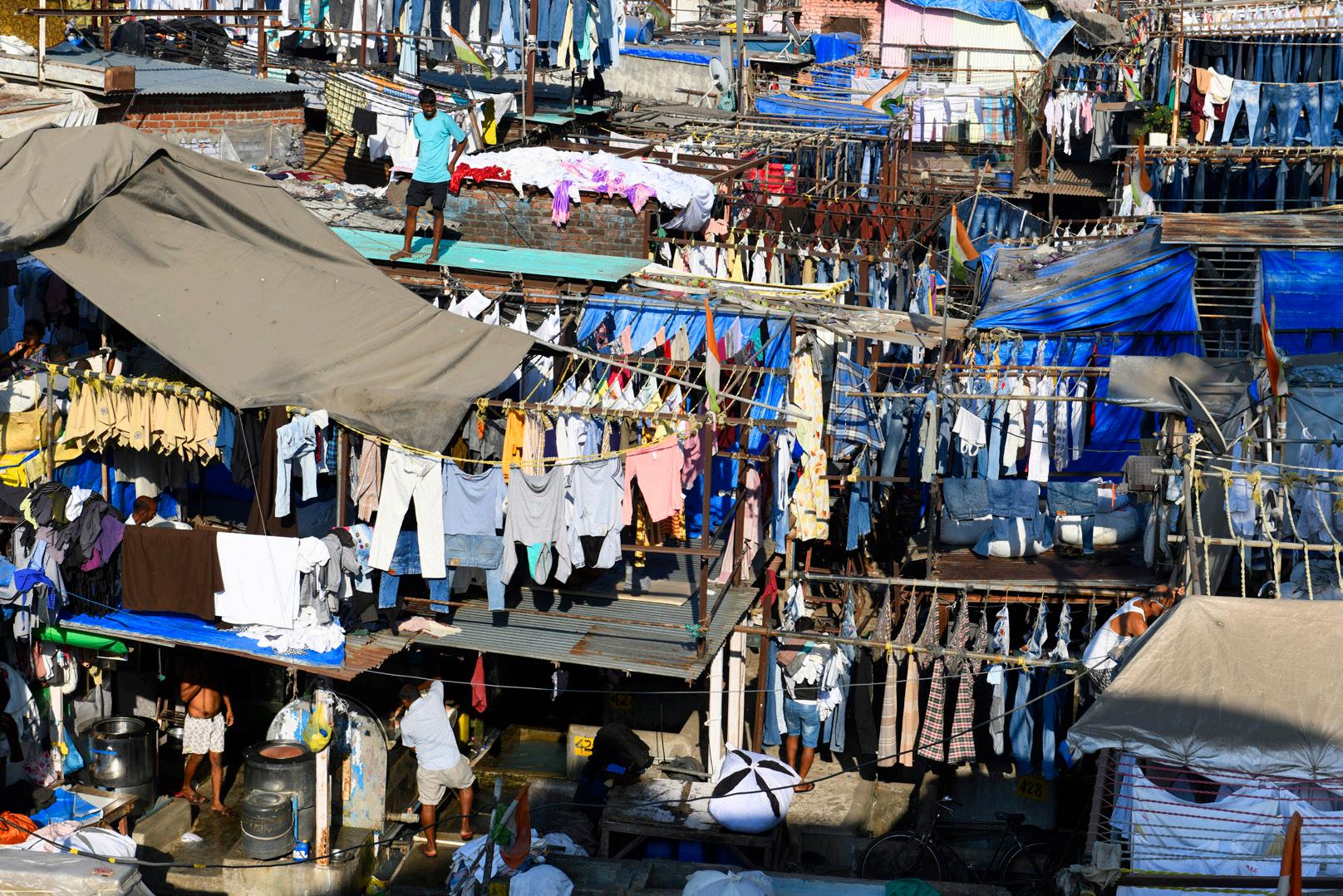
A Journey Full Of Variety
As expected, we return with an abundance of impressions. That's what India does to you. The trip was a perfect mix of history, culture and nature with the nice constant being the deep-rooted cordiality of the Indians that adds an extra dimension to everything you do or experience in this amazing country. ♦
Thanks go to:
- Cristina Clerici, PR director Aman resorts (Amanbagh & Aman-i-Khas)
- Nisha Dgage, Public Relations & Marketing Communications Taj Mahal Palace, Mumbai.

- Inge Van Lysebeth, Manager Amazing Destinations
- Carmen Polfliet, Travel Designer Amazing Destinations
- Vikas Solanki, General Manager Sita Travel Company
- Harkirat Singh, Marketing and PR Porsche India
- Jagroop, guide Amritsar
- Pratibha, yoga teacher Amanbagh
- Kuldeep, our 'batman' in Aman-i-Khas
- Yed, guide Bollywood

Manolito Vujicic, Brand Director of Porsche India: brimming with ideas and steeped in Porsche
his year sees the 75th anniversary of the creation of Porsche, and that will be celebrated extensively all over the world. Porsche launched the Festival of Dreams in January, a large-scale two-day event to which all Porsche enthusiasts were invited. The leading role was played by the 718 Cayman GT4 RS, which was presented to the Indian public for the first time with much fanfare. We were able to talk to Manolito Vujicic, Brand Director of Porsche India for the past two years. A sympathetic man in his early fifties who is brimming with energy and determined to take Porsche India to – as he calls it – the next level.

Your name suggests that you are not from India. No, I have German nationality. My parents are from the former Yugoslavia and emigrated to Germany. I grew up in Ravensburg, in the south of Germany. In India no one can pronounce my name. Everyone just calls me Mano. (laughs)
How did you come to be at Porsche?
I have been working for Porsche for 19 years now. I started as a Brand Manager in Belgrade (Serbia) and quickly progressed to Managing Director. It was very nice for me to live and work for a few years in the country where I have my roots. I met my wife there and we had our first son there. In 2017, I had the opportunity to become Porsche Brand President in Hangzhou (China). We moved to China where our family was expanded with two daughters. After Porsche China, Porsche India came my way. I have been the Brand Director here in Mumbai for 2 years now.
How are you enjoying life in Mumbai?
Mumbai is a very vibrant city in which there is something new to discover every day. What I love most, however, are the people. Indians have a very positive attitude. They always have a smile on their face. They are also open-minded and curious and always open to new ideas. I am very grateful for the fantastic team I get to work with. We all pull together, and I am convinced that together we will achieve a lot. I am very proud of them. It may also help that Indians are real car freaks. They can talk about cars from morning to night, especially sports cars. That is the big difference with the market in China. In China, people buy a Porsche for its image. In India they do it because they love Porsche and have always dreamed of owning one.
How are Porsche sales in India?
They are on the up! In the last two years, we increased our sales by 64%. Porsche has been the fastest growing luxury car brand in India in recent years. With sales of 779 cars, 2022 was our best sales year ever. Porsche in India currently has 8 showrooms and 1 Porsche Studio with plans for further expansion.. The headquarters of Porsche India is situated here in Mumbai.

You are a passionate entrepreneur. What is most important to you as a Brand Manager?
We know that Porsche is succesful everywhere as long as the focus is on the customer. Selling a Porsche is easy and difficult at the same time. Easy because it's all about satisfying the customer, difficult because everyone is different. Everyone has their own relationship with their car. We have to sense what is important to the customer. Some are looking for excitement, pure driving pleasure, others find speed important, still others want a beautiful and comfortable family car... everyone has their own preferences. We are constantly looking for new ways to make a difference. I have worked very hard over the past two years to strengthen our contacts with dealers and customers. Last year we hosted one of the biggest track events in India, the ‘Porsche Experience’ which took place over 30 days, across 2 race tracks (one in North of India and one in South) where we engaged with over 450 participants. The participants got an opportunity to experience the entire range.. In this way, customers get to know the entire range in a direct way. It's all about the dream car experience. Keeping the dreamers dreaming: that's our job here.
Which model sells best in India?
That would be the SUVs – the Cayenne and the Macan. Together they account for 60% of our sales volume, with the Cayenne being our bestseller by far. In addition, there is a lot of interest in sports car models.
How is the Taycan, the electric Porsche, performing in India?
Surprisingly good. If you consider that the Taycan was only launched in India eighteen months ago and now already contributes to almost 10% of our sales numbers., I can safely call that a huge success. Especially when you consider that this is an electric car - a completely new concept. What is important now is how the country develops further in terms of infrastructure and responds to the changing transport culture. Private charging stations that are installed at home are part of the solution but are obviously not enough.
As far as the Taycan is concerned, you have also achieved an unlikely feat: a road trip of 4,500 kilometres across India. How did that trip come about?
Like everything in life, it started with an idea. The electric car is a relatively new means of transport and people's biggest concern is still the range. We wanted to prove that a Taycan is indeed suitable for a long journey. And that long journey got longer and longer until we finally decided to make it a K2K.
What exactly does the K2K entail?
The K2K is a ride from Kashmir in northern India to Kanyakumari in southern India over varied and challenging terrain in unpredictable conditions. The route belongs to the list of high-profile road trips that are on the bucket list of car enthusiasts, such as the North Coast 500 in Scotland, the Nürburgring Nordschleife in Germany or the Tail of the Dragon in the US. From the idea a concept was born, and that concept was turned into reality. A team of four journalists completed the journey in August 2022. It took them two weeks. The journey was documented in real time via social media.
You’d associate such a trip more with a Cayenne Turbo than with an electric Porsche. Especially given the state of the roads in India.
That's just the whole point. Driving 4,500 kilometres with a Cayenne is hardly an achievement, but asking the same from a standard Taycan is a completely different matter. The success of this proves that the Taycan can handle a lot and that with some planning and foresight you can also make long trips. Of course, we could have chosen an easier route to make the latter clear, but you have to dare to go for it. If you do nothing, you can't make mistakes. But if you don't do anything, you can't evolve either.
It's like the story of Porsche itself: a man who had a clear idea of the car he wanted but couldn't find it and then decided to create it himself. Daring is in Porsche's DNA. My team and I still have big plans for Porsche in India. I hope I can stay here for a long time to achieve as much as possible. ♦
We are confident that you will succeed, Manolito.
MANUFACTURE


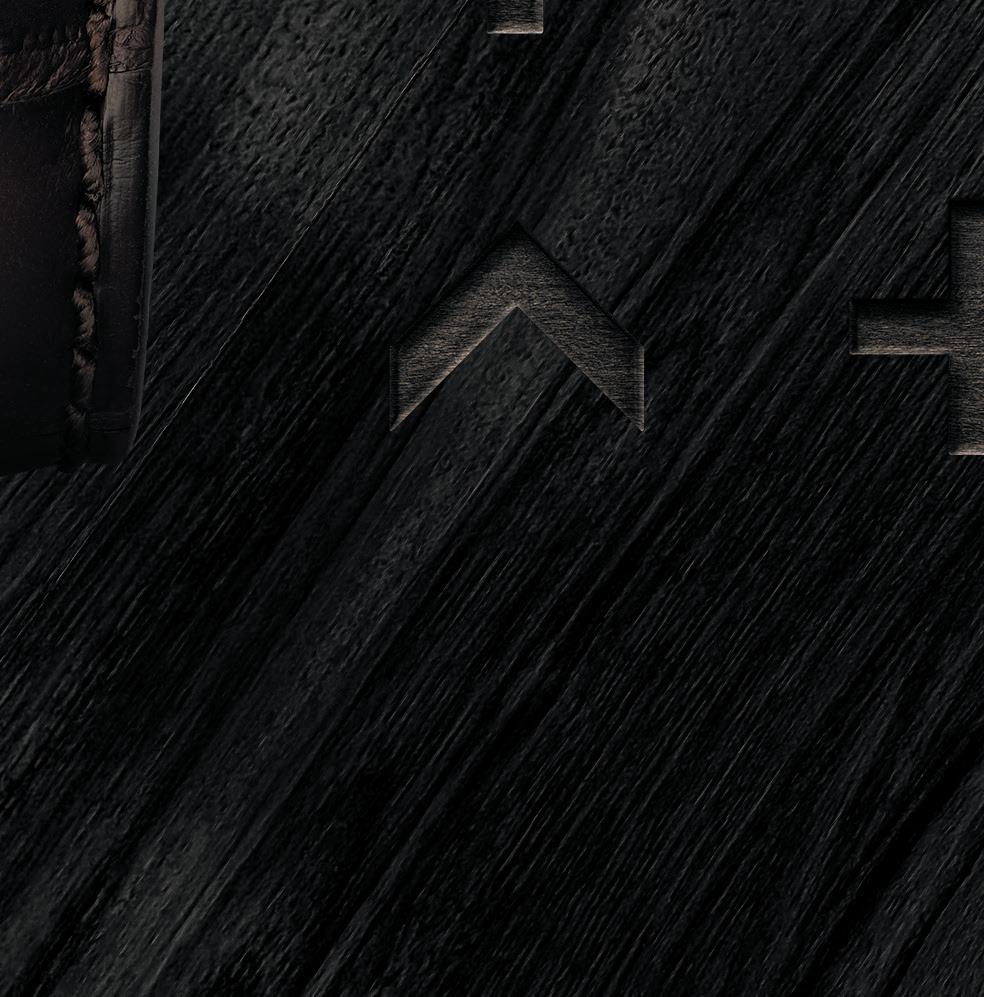


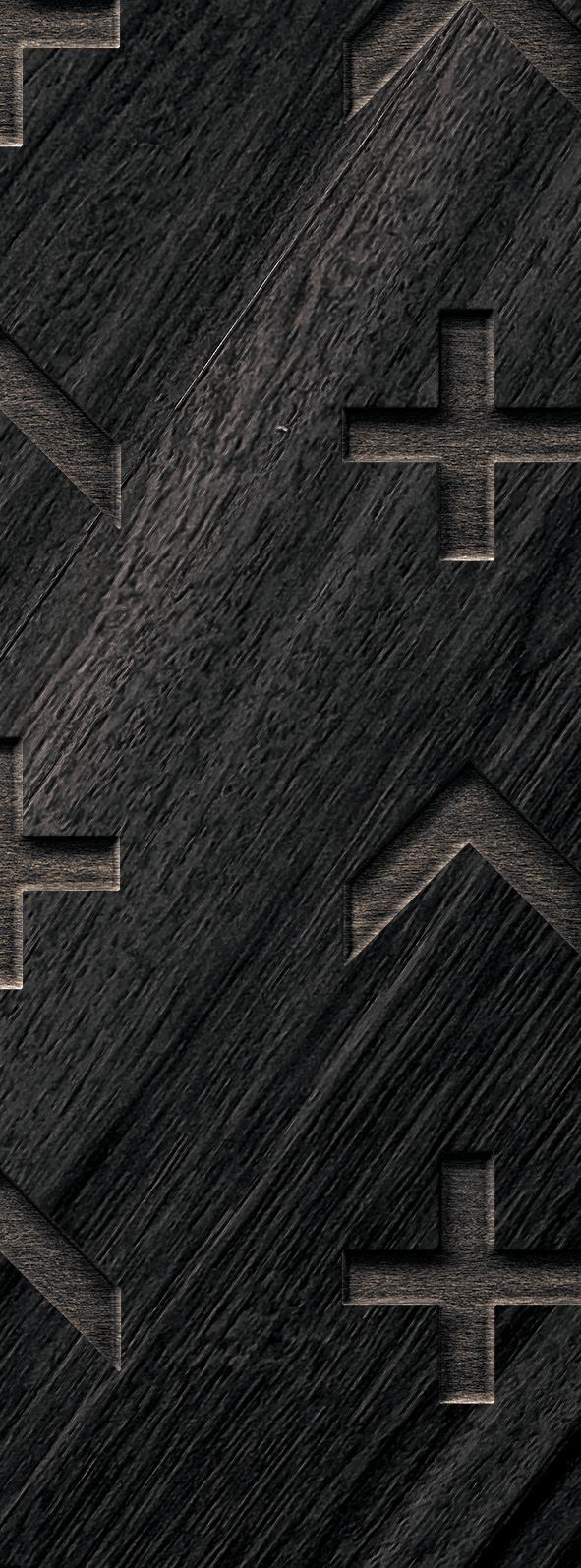

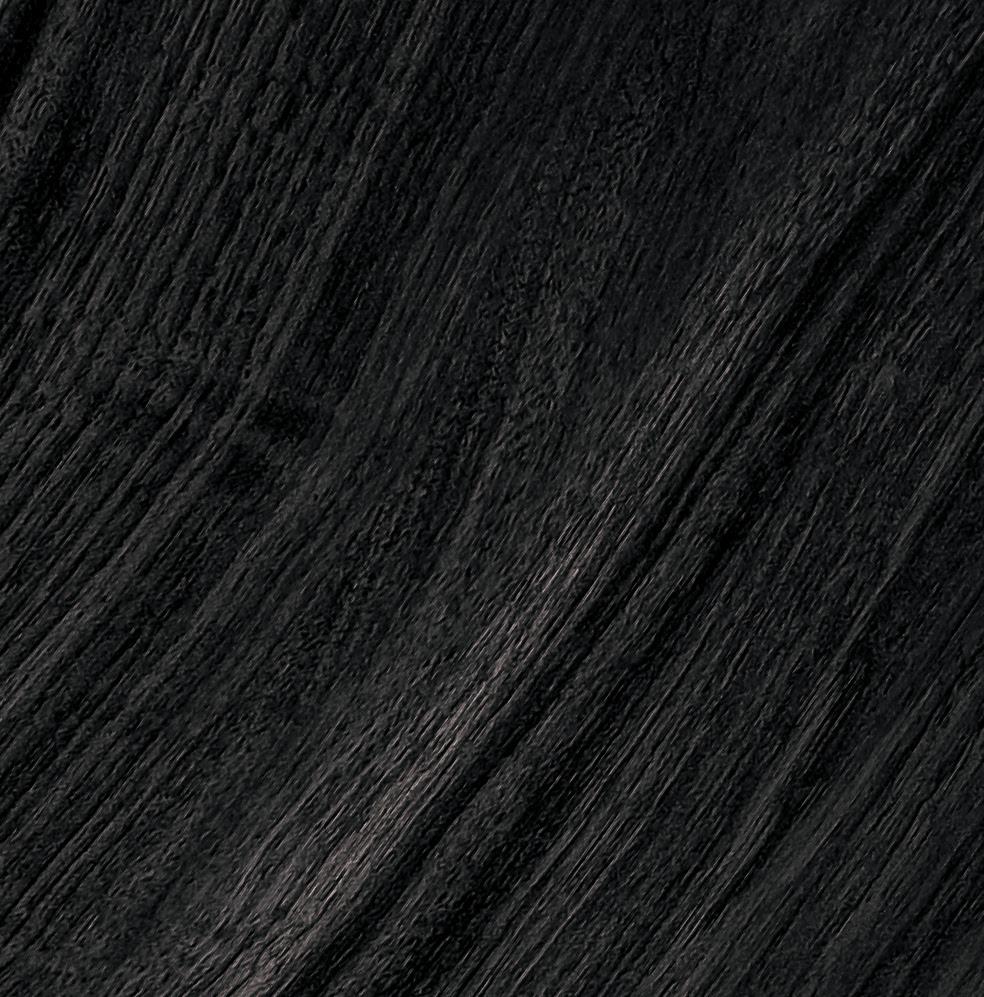


Classic Tourbillon




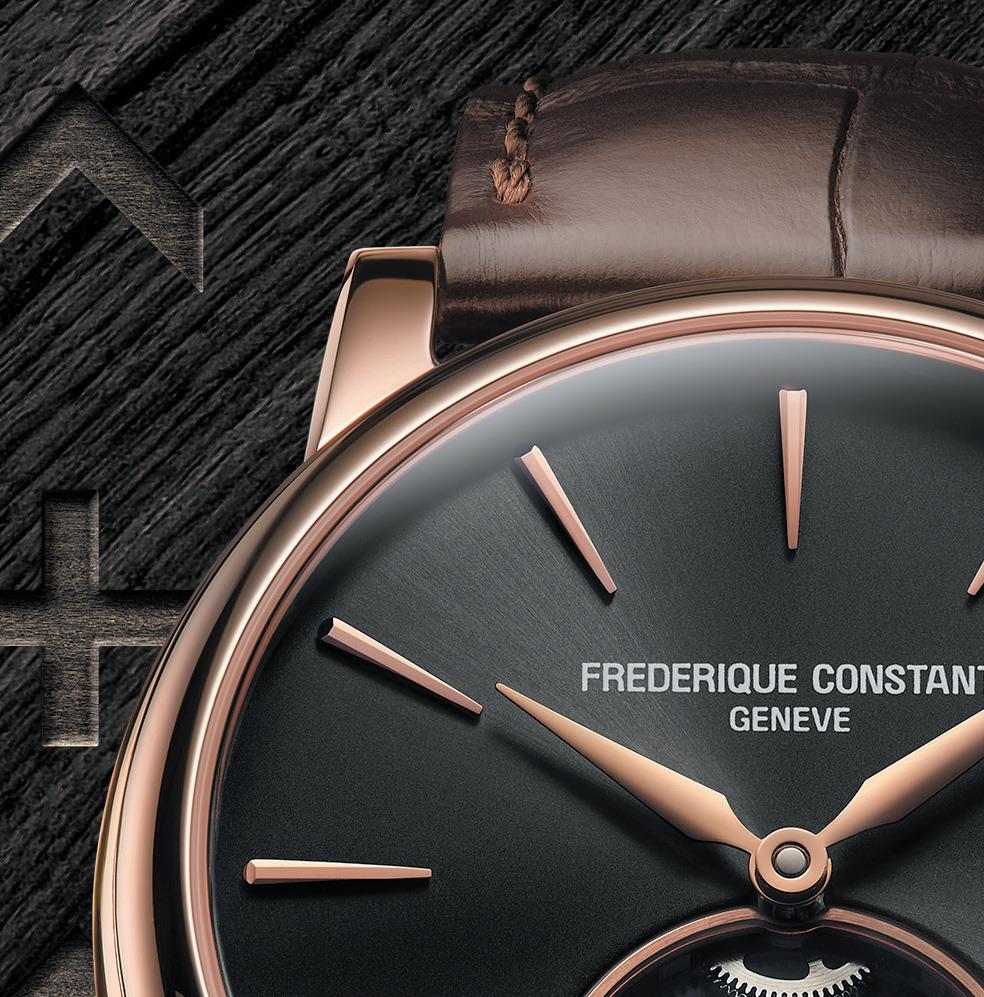
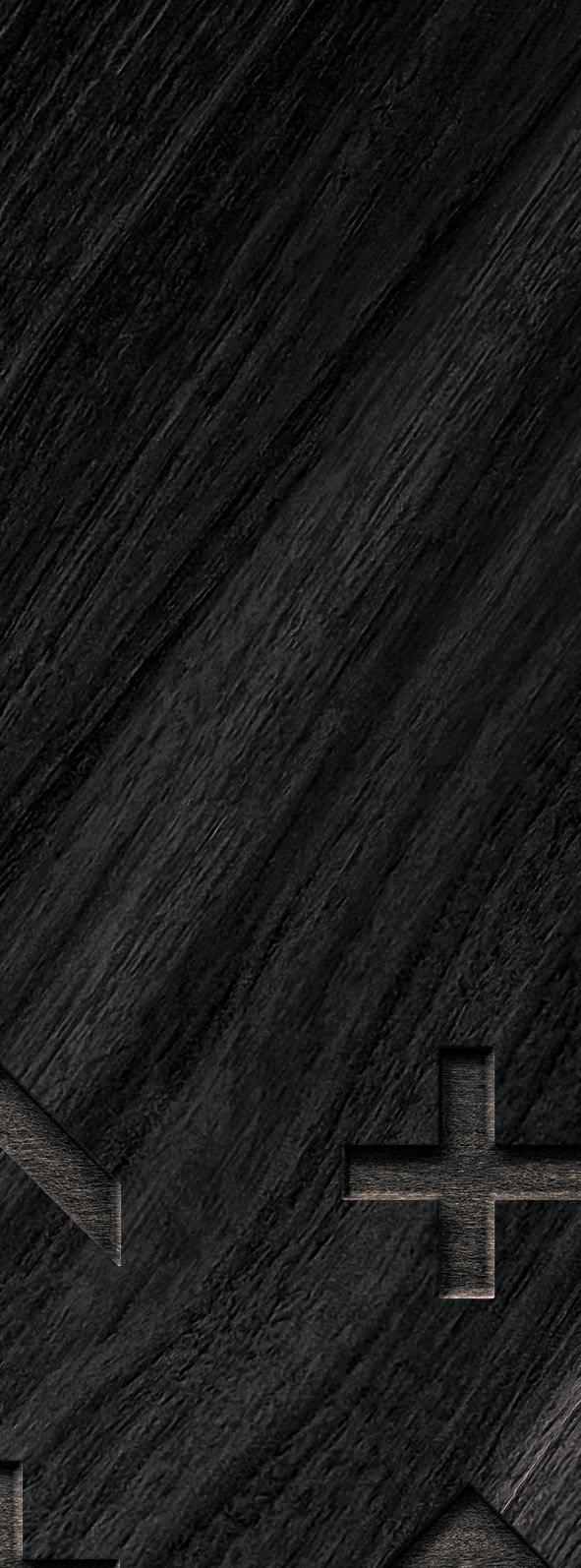
Beyond Conventions

Dr. Uma Shanker Singh: a man in balance.

s CEO of one of India's largest manufacturers of Ayurvedic medicines and related products, Dr. Uma Shanker Singh is a busy man. We were allowed to photograph his beautiful Macan Turbo in front of the Golden Temple in Amritsar. Later in the day, we meet the Porsche enthusiast at the Taj Swarna Hotel in Amritsar for a chat about his work and his love for Porsche.
text: kathleen van bremdt - photos: sven hoyaux
Can you tell us something about your company?
Shree Dhanwantri Herbals – SDH for short – is one of the oldest companies in India producing Ayurvedic medicines and products. It is a family business, founded in 1952 by my grandfather Vaidya Din Dyal Singh Ji. My grandfather was a very wise man and possessed vast knowledge about Ayurvedic medicine. When it became too much for my grandfather to deal with the dayto-day management, my father took over. And now I'm at the helm as the third generation. My father still works in the company. He, my brother and I form the management. SDH started very modestly, but in the meantime we have become a company that is represented throughout India. We supply private individuals, pharmacists, hospitals and government institutions.
What exactly is Ayurveda?
Ayurveda is a science that originated in India more than 5,000 years ago and is considered the oldest health system in the world. The word Ayurveda comes from Sanskrit and consists of the words 'Ayus' for life and 'Veda' for science. Ayurveda actually means 'the science of life'. Ayurveda is a holistic health teaching based on the central premise of the so-called three doshas.
What are Doshas?
According to Ayurvedic thinking, there are three basic forces in nature that also occur in every human being: Vata, Pitta and Kapha, where Vata stands for movement, Pitta for metabolism and Kapha for structure. Those are the doshas. Each person is an individual with a unique combination of those three doshas. Our Ayurveda type or dosha type is fixed from birth and determines our physical, mental and spiritual condition. When the three basic energies are in balance, it means that all bodily functions can run smoothly, that we are healthy and that we feel comfortable in our own skin. If the balance is disturbed – and that can be caused by an awful lot of factors – then problems can arise.
How does that insight translate into medicine?
Ayurvedic medicine does not focus on the disease, but on the person. Ayurvedic medicine gently restores balance to the out-of-balance doshas. We only use natural preparations made from plants, herbs, minerals and metals. Often these are age-old recipes. Because everyone is unique, everyone needs personalised treatment. However, Ayurveda is not only about curing or alleviating ailments, but even more about preventing them. Nutritional supplements, cleansing treatments and herbal compositions that strengthen the immune system are very suitable for this purpose. Our range also includes products for external use, including high-quality oils that are used for massages.





